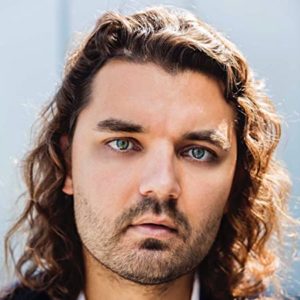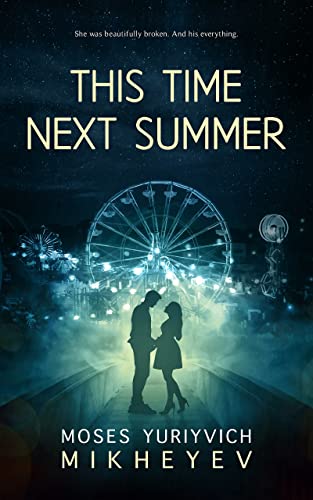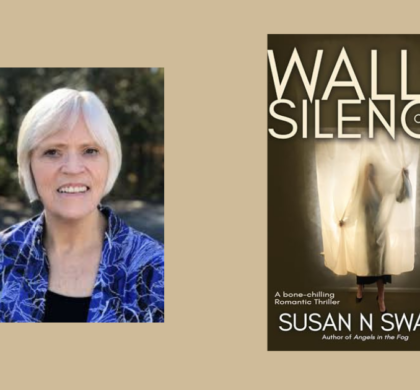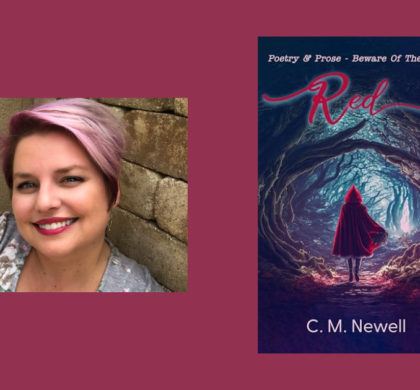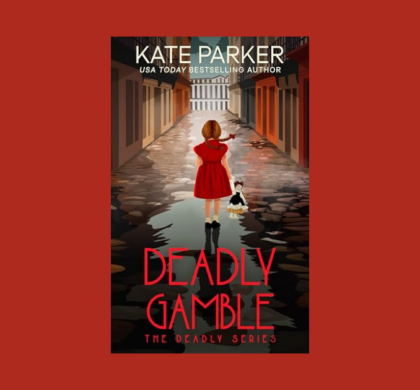Interview with Moses Yuriyvich Mikheyev, Author of This Time Next Summer
13 Jul 2022
What’s the story behind the story? What inspired you to write This Time Next Summer?
I wrote the novel during and immediately after a rough break-up. I suppose people read for pleasure for one eternal reason: to find words that express how they feel. I also suppose that most of the time we spend our entire lives looking, searching, hoping to find words that express what we feel. As a writer, I find myself struggling enormously trying to express the inexpressible. How do I articulate my feelings? How do I tell her she is beautiful without using a word, an expression, that others have already used up? Does one return to a cup after another had already drunk out of it—and had their fill?
Words are, in no small way, the economy of romance. I’ve dated girls in other countries, and it’s no surprise that outside of physical attraction, which has a universal language of its own, it’s hard to “get” another person without employing words. We use words for, more or less, everything. Try understanding someone else—their upbringing, their values, their sense of humor—without using words. It’s damn near impossible. So, when faced with the dilemma of a break-up, and trying to understand myself and her, I look inward—and, unsurprisingly, I use words.
When I was writing the novel, I just wanted to be in a world where I could love her again. So, I wrote out of romanticized pain. At the time, it felt like the writing began and ended with her. I missed her every day. And I wrote her many letters, poems, unsent emails, et cetera—that sort of thing. Some of the writing made it into This Time Next Summer. Some of it I kept to myself. I suppose I might use the letters in future books. Who knows? Once the rage dies, the writer dies with it.
If you had to pick theme songs for the main characters of This Time Next Summer, what would they be?
For Avgust, the song would be Caroline by Civilian. And for Jasmine it would be Dreams by Fleetwood Mac.
What’s your favorite genre to read? Is it the same as your favorite genre to write?
I read all genres. As of late, I’ve been reading Pulitzer Prize-winning books (most of which are awful, in my opinion). I did enjoy Gone With the Wind. That one deserved the Pulitzer. As a writer, I now read to learn how to write better. I look at how authors structure their books and use dialogue, et cetera. I enjoy studying the art form of writing. It’s an obsession.
What books are on your TBR pile right now?
I’m reading a lot of books. Of note, I really liked Ocean Vuong’s “On Earth We’re Briefly Gorgeous” and “The Handmaid’s Tale” by Margaret Atwood. Vuong, in particular, is an incredible writer and poet.
What scene in your book was your favorite to write?
The book was written out of pain, so writing it was an awful experience, one I’d rather not talk about. It’s best I forget I ever wrote the damn thing!
Do you have any quirky writing habits? (lucky mugs, cats on laps, etc.)
Yes! I’m weird. For sure. I can’t write without a pen in hand. It interferes with my typing, but I have to have this particular Papermate pen—and it has to be black!
Do you have a motto, quote, or philosophy you live by?
Many, many! I love quotations! (Technically, a “quote” is a verb. And “quotation” is a noun. Sorry for being a party-pooper but I picked this up from Dr. Pacini at Emory University, where I did my graduate work. He hated it when students said they loved a quote. “It’s a quotation!”)
Some of my favorite recent quotations are: “They say nothing lasts forever but they’re just scared it will last longer than they can love it”—Ocean Vuong. And for the book, specifically, I found Marilynne Robinson’s quotation to be of great insight: “Memory can make a thing seem to have been much more than it was.” Robinson has helped me cope with some of my pain.
If you could choose one thing for readers to remember after reading your book, what would it be?
Always, always be kind. Don’t ever be cruel. Cruelty is the one thing I do not understand. Animal cruelty and cruelty towards fellow human beings. Please, whatever you do, do not be cruel. You can be upset. You can express something distasteful. Just don’t be cruel. And, remember, you were made in the image of God. So act like it. And don’t forget your neighbor was made in the image of God as well. So treat them that way.
Moses Yuriyvich Mikheyev is the author of the new book This Time Next Summer
Connect with Moses Yuriyvich Mikheyev
Instagram
Sign up for our email and we’ll send you the best new books in your favorite genres weekly.
